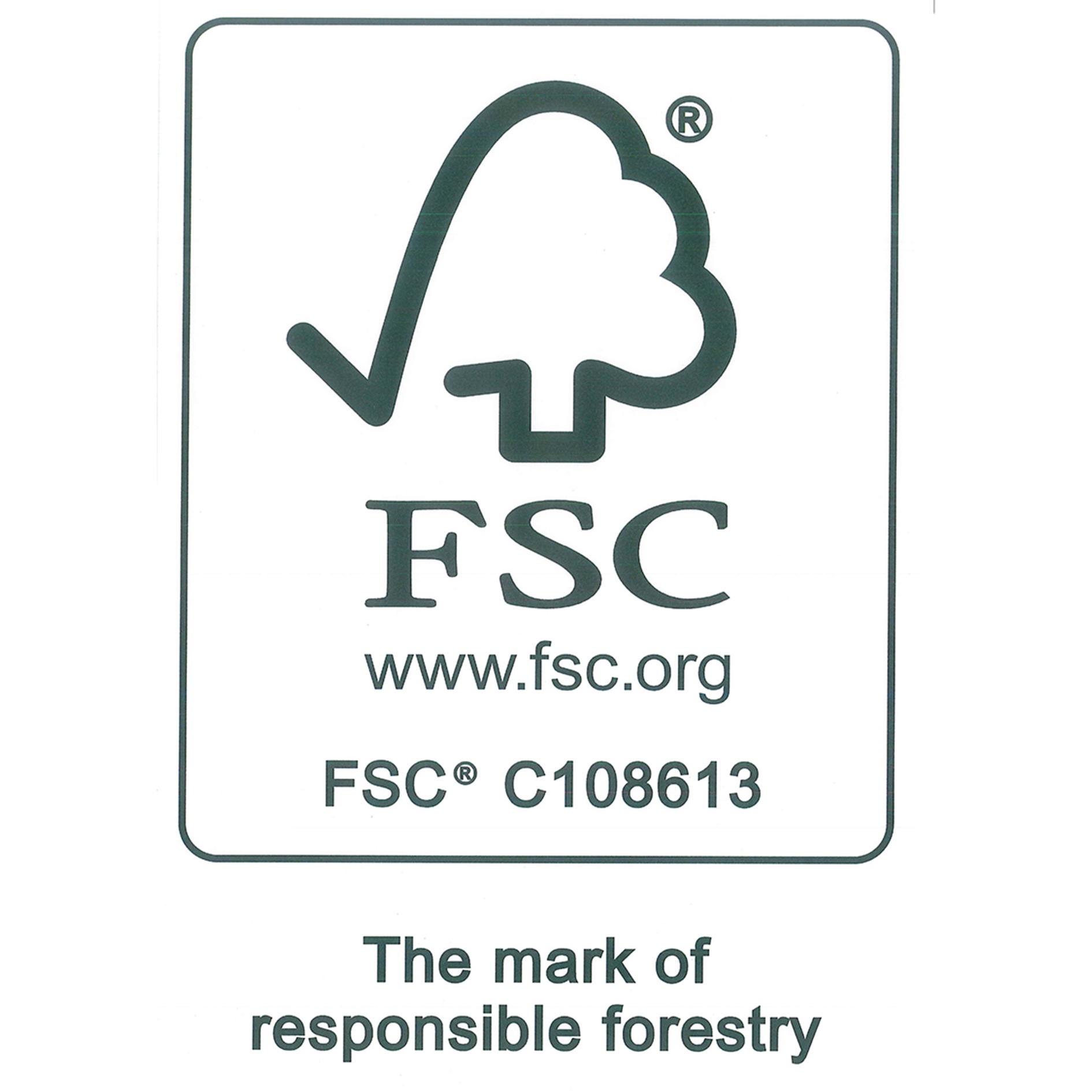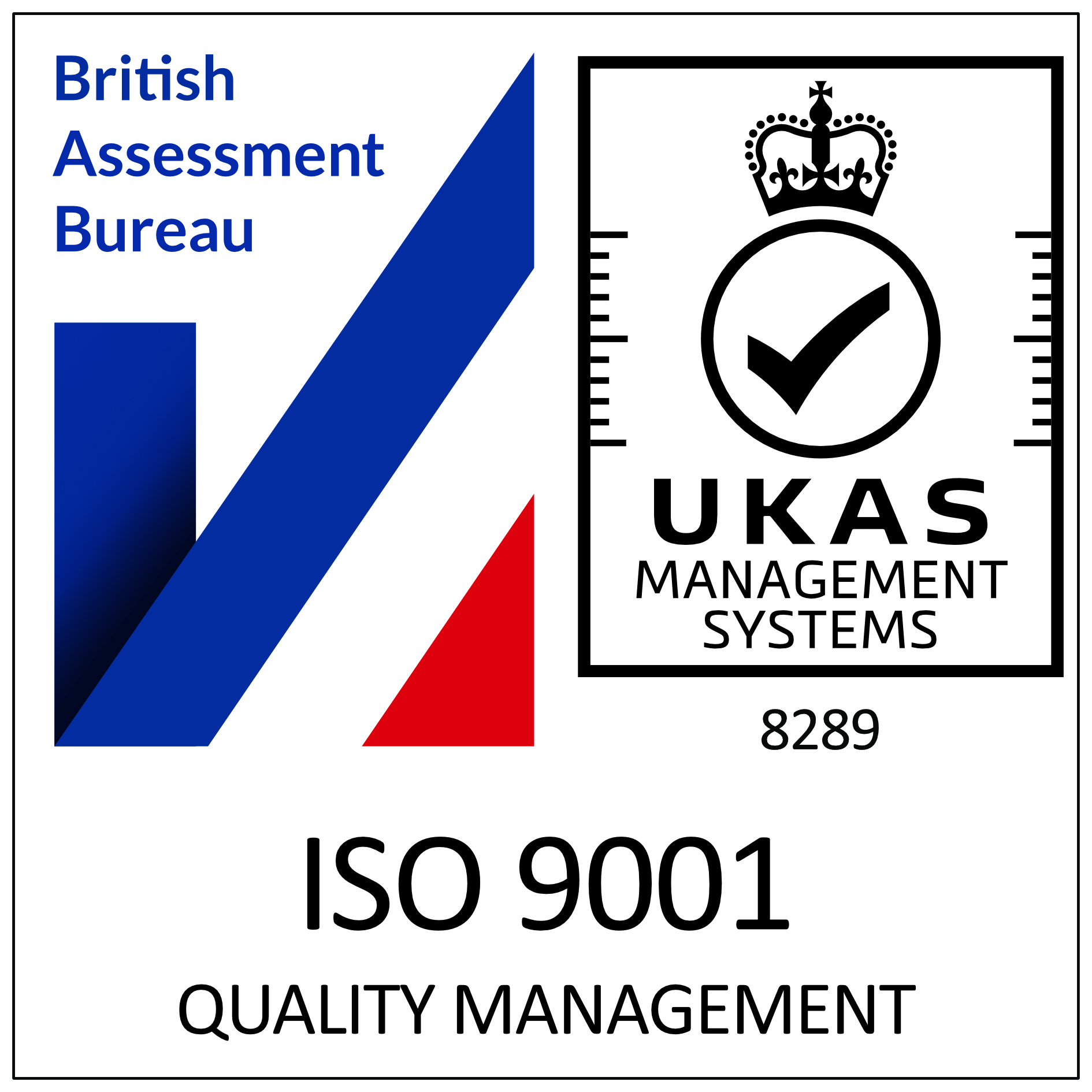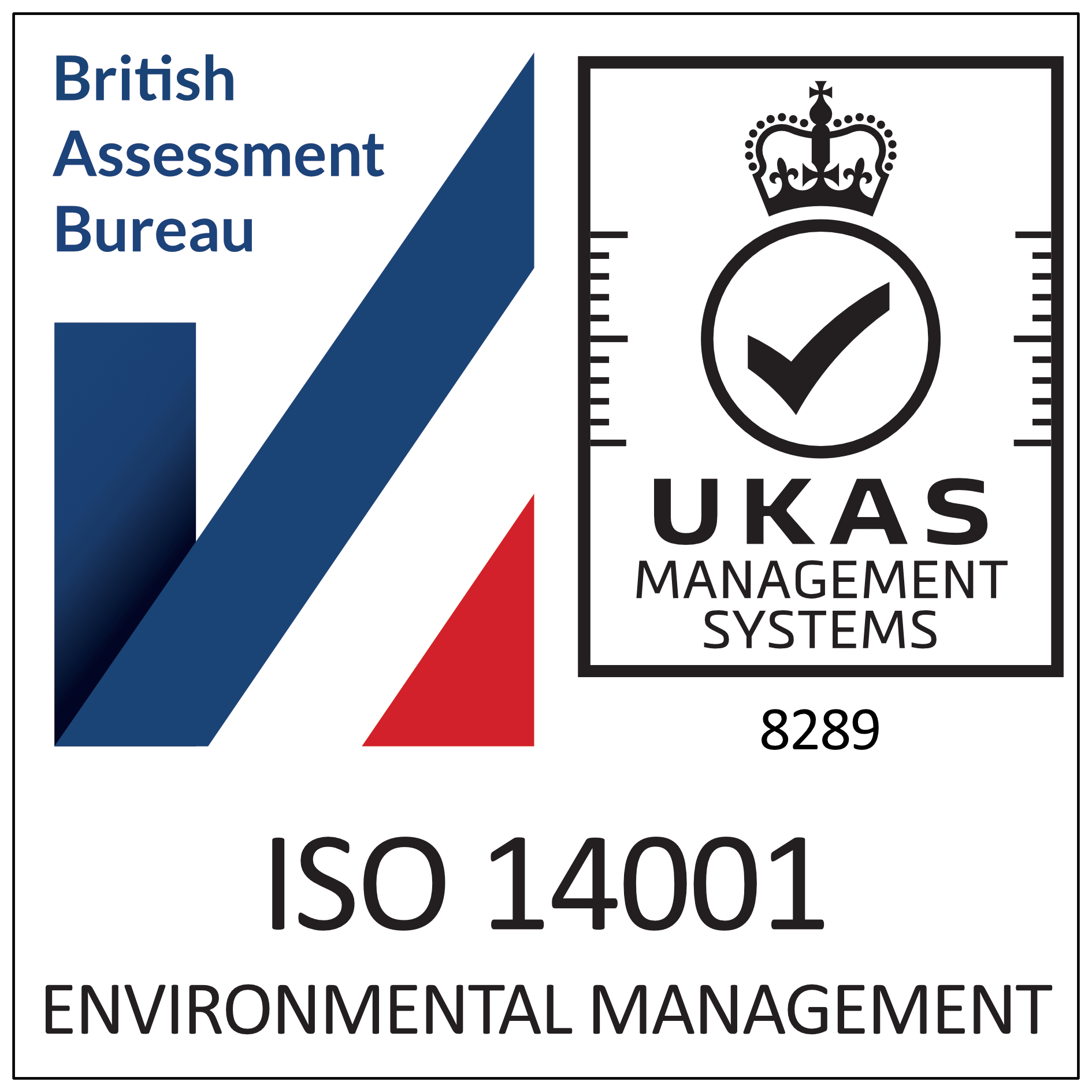What to think about when choosing doors for hotels
As you would expect, hotel doors are subject to various regulations of all kinds, not least in the area of fire safety. We’ll take a look at this below, along with other considerations such as soundproofing, but first of all we’ll remind you about some of the regulations.
Fire door regulations
For NEW buildings, or buildings which are subject to significant alterations, extensions, or changes of use, the appropriate building regulations apply for fire doors. These regulations are known as APPROVED DOCUMENTS.
These approved documents are designed to ensure that minimum standards are met for construction in the UK, and cover areas such as accessibility, ventilation, sound and thermal efficiency as well, of course, as fire safety.
Note that in addition to these building regulations the fire doors may also have to comply with various other criteria such as BREEAM and CPET.
Existing buildings are governed by the Regulatory Reform (Fire Safety) Order 2005, often abbreviated to RRO or FSO. Start by visiting this site:
Making your premises safe from fire
This reform stipulates that the responsible person must carry out a fire safety risk assessment and then design and supervise the operation of a fire management plan.
Fire doors, of course, play a crucial role in the fire safety and protection of buildings covered by the FSO, and as we have repeated it is VITAL that they are fitted and maintained correctly.
Regulation 38 of the Building Regulations (England and Wales) (H2)
Also be aware of this regulation, which links the Building Regulations to the RRO for those buildings where the RRO applies. Essentially, it stipulates that fire safety information should be provided to the “responsible person” at the completion of a project (or when the building is first occupied). The information provided should include all fire safety design measures in appropriate detail and with sufficient accuracy to assist the responsible person in operating and maintaining the building safely, including the fire doors.
Fire safety
Having looked at the regulations, let’s think about fire safety in hotels more specifically.
Hotels are considered to have a high fire risk – clearly we can’t always control the actions of guests, and the mere fact of increased occupancy increases the risk. There are generally considered to be five principle fire risks – these details come from the Firesafe website:
1/ Carelessly discarded smoking materials if it is allowed to come into contact with combustible materials. A lighted cigarette end will take a long time to ignite combustible materials, which may occur in the sleeping hours, thereby increasing the risk. Hopefully the fire detection system would give an early warning of fire, which will not stop the fire but could reduce the damage to negligible losses. The use of signs and the prohibition of smoking in risk areas would reduce the risk and constantly broadcast the dangers to the staff and guests.
2/ Electrical Appliances are now a standard provision in bed rooms and can be a source of fire if they have been subjected to misuse. Occasionally an electrical fault on electrical apparatus may be a source of fire, especially if they have not been serviced regularly. All electrical equipment should be tested annually and the staff and guests kept informed of the possible dangers associated with the different types of electrical equipment.
3/ Kitchens can be a high risk dependent on the size and especially if the kitchen is not properly supervised. Full dining facilities increase the risk but this is lessened by having staff in attendance at all times.
4/ There is a high fire risk is store rooms where bedding, towels, flammable materials and cleaning equipment are stored . Flammable materials in the presence of chemical cleaner may result in a higher fire risk if not stored correctly. House keeping and ensuring the store rooms are keep as tidy as possible, will reduce the risk. Also ensure the dangers are discussed at any training sessions.
5/ Tradesmen on the premises, especially those that use apparatus that is capable of starting a fire, like blow lamps, gas torches, metal angle cutters, etc. One needs to ensure a high degree of supervision during and after their presence. Give the area they have been working in a through inspection and make sure no hot spots or small fires have been missed.
Soundproofing
We’ve all experienced it – stayed in a hotel and been woken up (or kept awake) late at night or early in the morning. We don’t expect total silence, but we often expect more silence than we get! By their very nature – with lots of people moving around all the time – it’s unreasonable to expect hotels to offer a completely noiseless environment (although wouldn’t it be nice?), but we expect them to make every reasonable effort to keep noise to a minimum.
So much for the bedrooms, but let’s not forget that many hotels also host meetings, conferences and exhibitions, and special events such as weddings, as additional sources of income. The soundproofing requirements of such events will vary, but there will be a need for some element of acoustic control.
Doors for hotels – what next?
We’ve touched on a couple of the key things to think about when considering doors for hotels, but of course there are other considerations too; as usual it’s vital that you talk to the experts.
If you would like further information on our company please visit our home page or go directly to our contact page when we will respond as quickly as possible.
As always we’ll be delighted to help and advise you.








